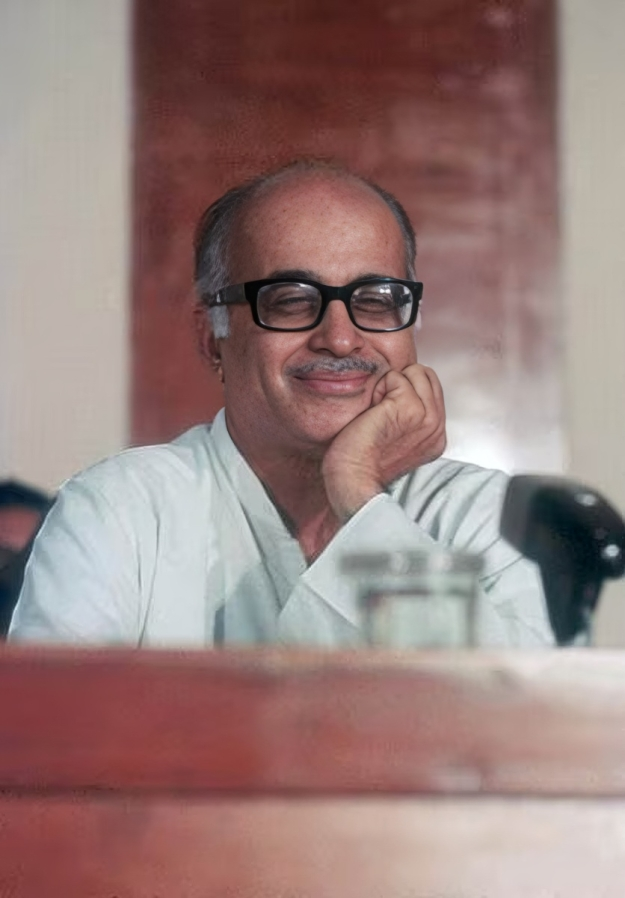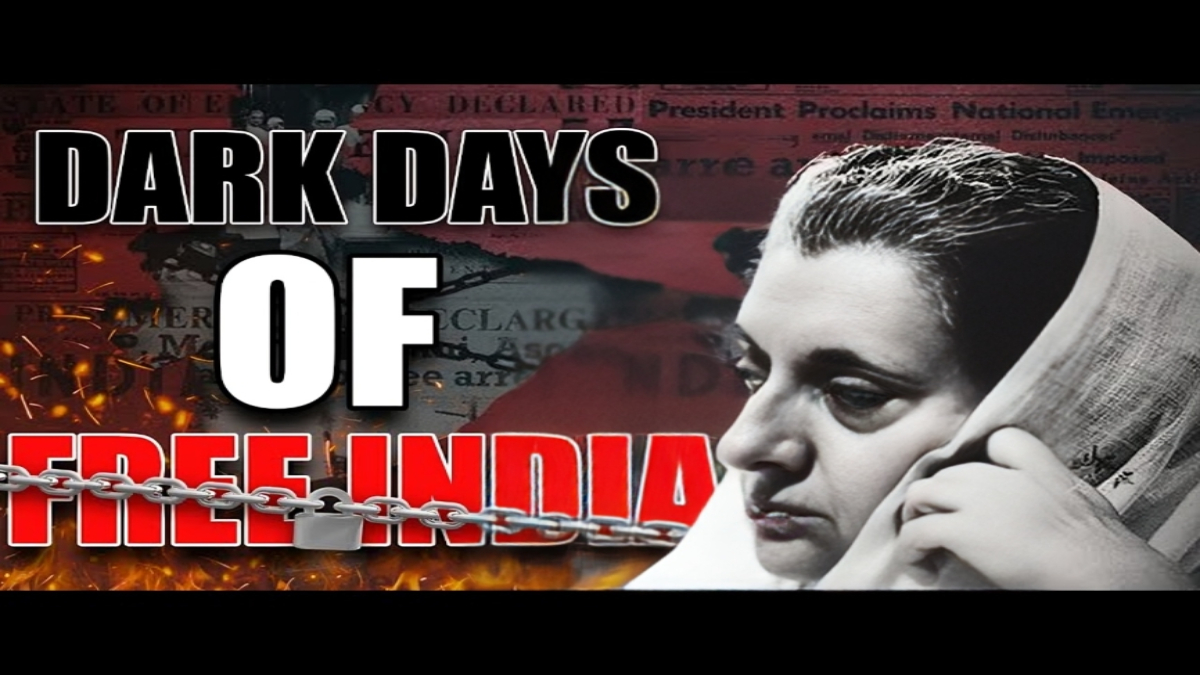On the 25th of June in 1976, Indira Gandhi, the Prime Minister of India during that period, enforced a state of Emergency and detained several leaders from the Opposition. This image portrays the arrest of George Fernandes, a prominent figure among the Opposition, as he is restrained and held captive
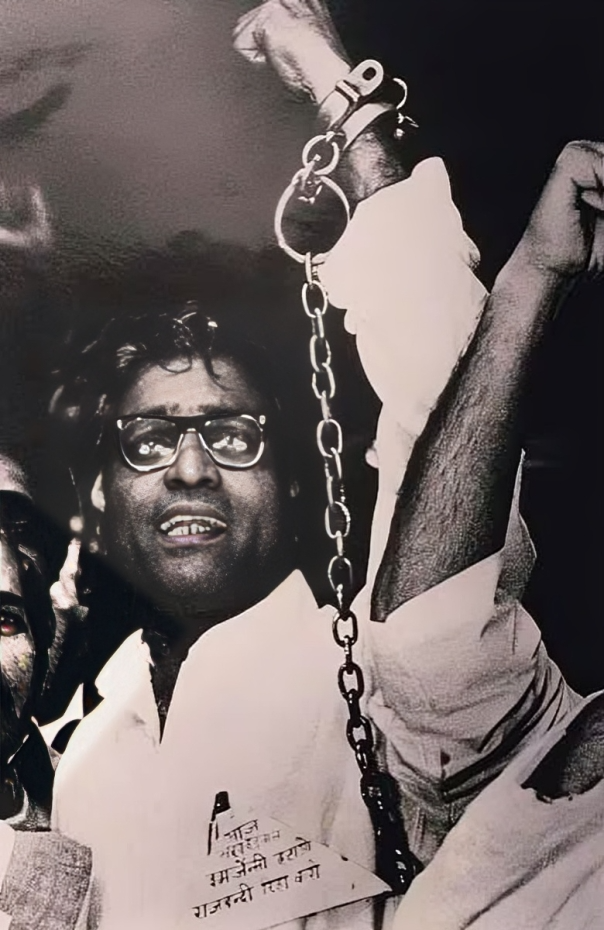
The imposition of Emergency by the Indira Gandhi government was justified on the grounds of the country’s law and order breakdown, which was attributed to the widespread protests by opposition parties, who alleged corruption within the Congress regime. Although it is widely acknowledged that trains maintained their punctuality during this period, the suspension of fundamental rights continues to be a source of apprehension for both observers and constitutional experts.
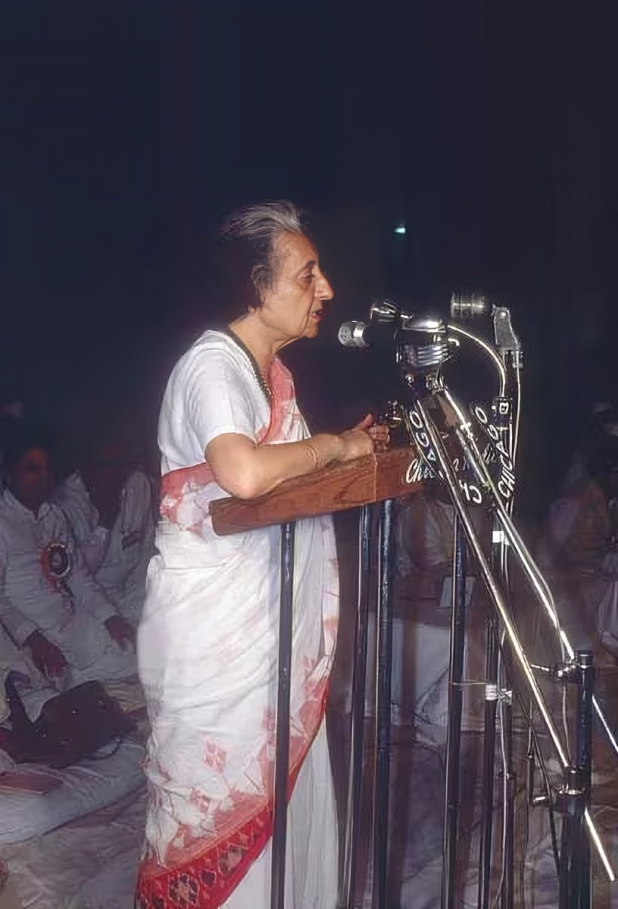
Indira Gandhi, at that time, directed President Fakhruddin Ali Ahmed to declare a state of Emergency every six months for a duration of 21 months, starting from June 25, 1975 and ending on March 21, 1977.
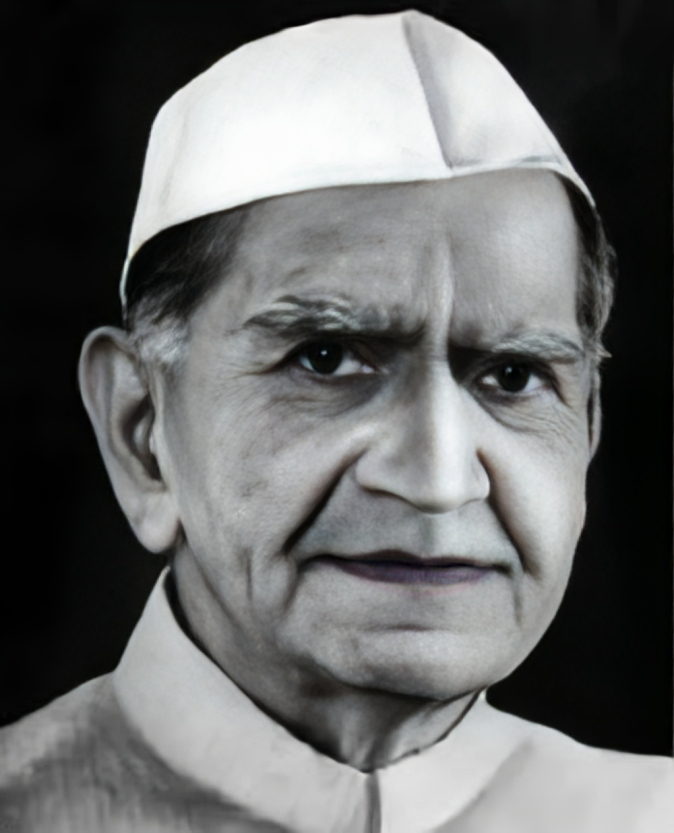
Amidst the Emergency, Indira Gandhi vested herself with the power to govern by decree. She deliberated on decisions with a group of trusted party members and her younger son, Sanjay Gandhi.
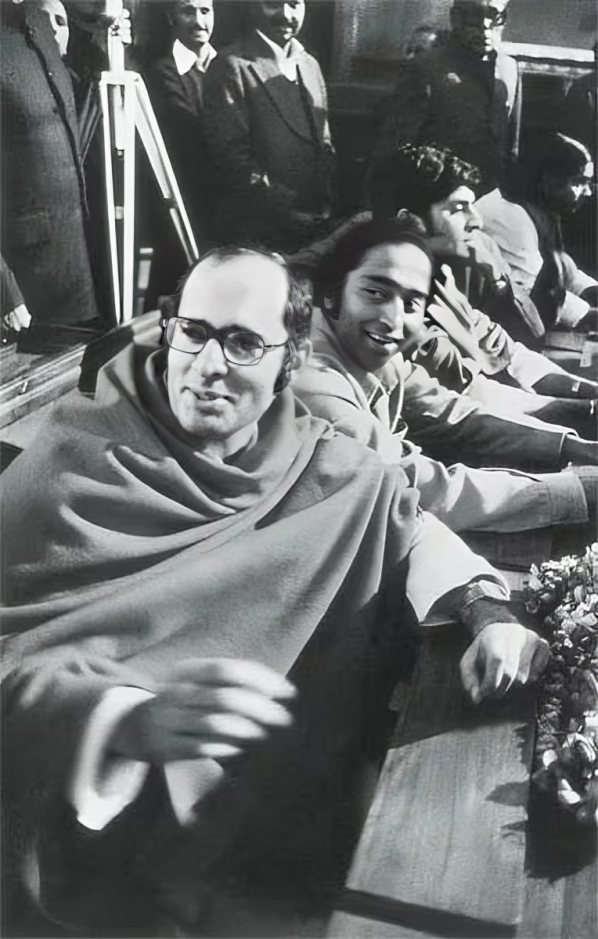
Throughout the Emergency, Sanjay Gandhi rose to prominence as a politician, offering guidance to his mother on multiple fronts. His instrumental role in the apprehension of senior opposition leaders and his active involvement in the subsequent General Elections of 1977 cannot be overlooked.
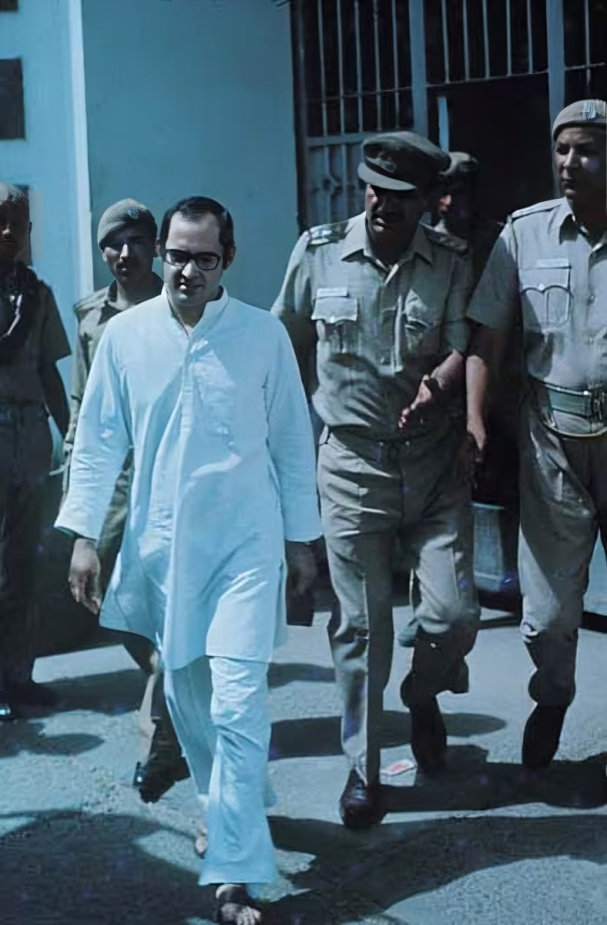
Opposition leaders Morarji Desai (in Gandhi cap, left) and Charan Singh (in Gandhi cap) seen during a rally.
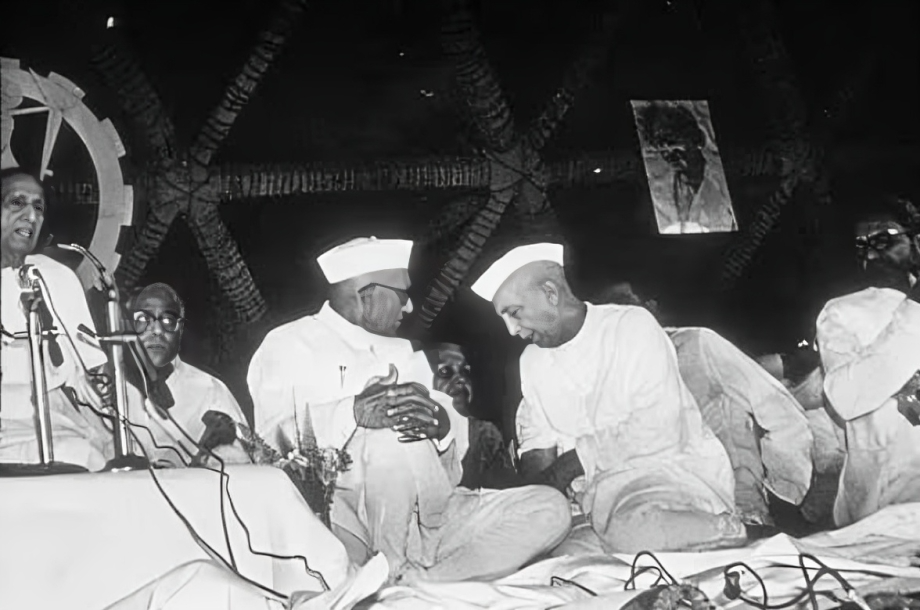
On March 21, 1977, the Emergency was lifted by Indira Gandhi and General Elections were declared. As a result, the Congress party was removed from power and the Janata Party, under the leadership of Morarji Desai, secured a decisive victory. This marked a significant milestone in Indian politics, as Morarji Desai became the first non-Congress Prime Minister of India.
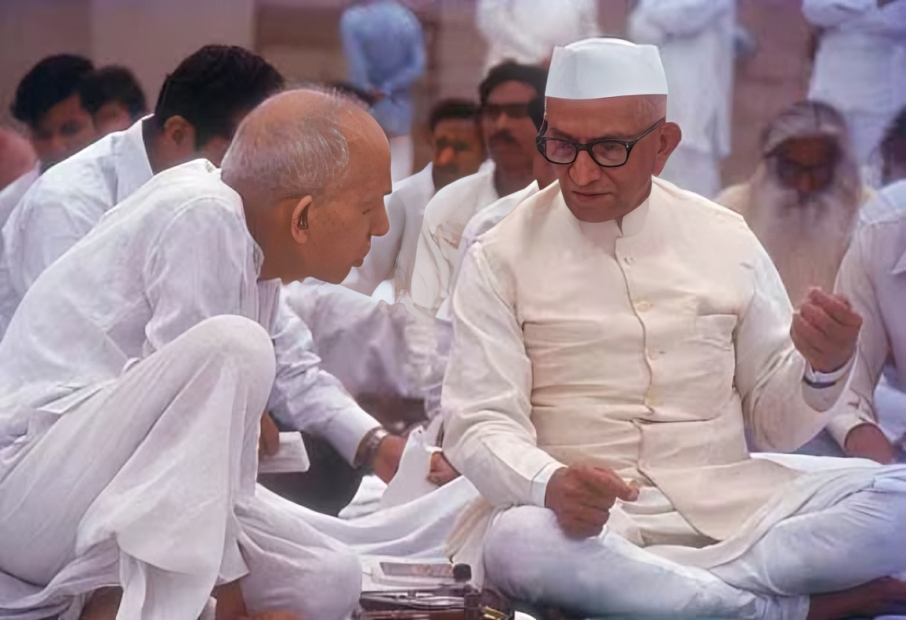
Opposition leader George Fernandes was taken into custody by the Indira Gandhi regime during the Emergency period. Fernandes played a significant role in mobilizing protest marches against the government, citing election fraud in the 1971 General Elections and pervasive corruption as his reasons.
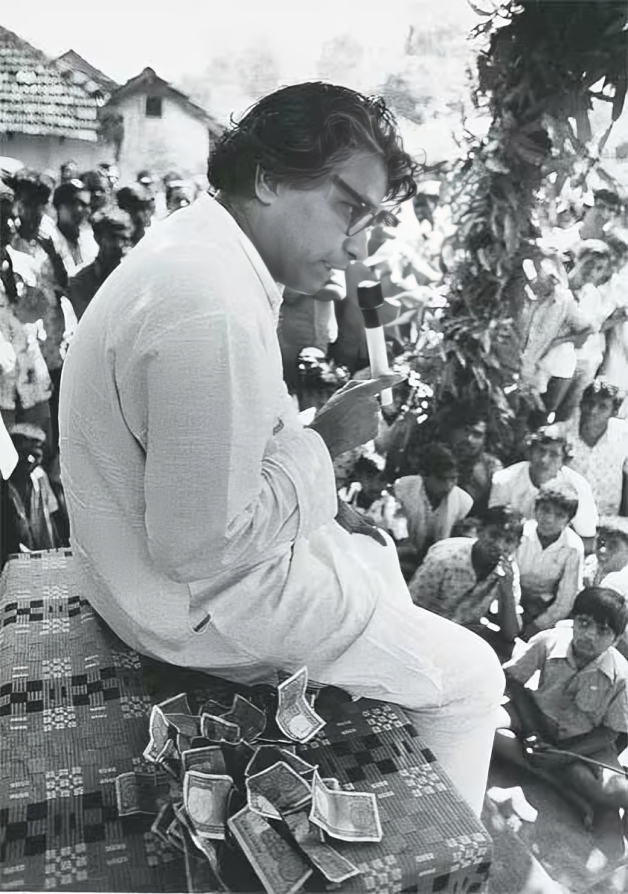
The government faced grave accusations during the Emergency, which encompassed the unjustified detainment of individuals, the torment of detainees and political prisoners, and the widespread and unlawful implementation of legislations. The Maintenance of Internal Security Act (MISA) was the statute that suffered significant misuse. Interestingly, Laloo Prasad Yadav chose to name his first child Misa, in reference to this highly criticized law. However, the newly-elected Janata Party regime in 1977 took the necessary step of repealing MISA.
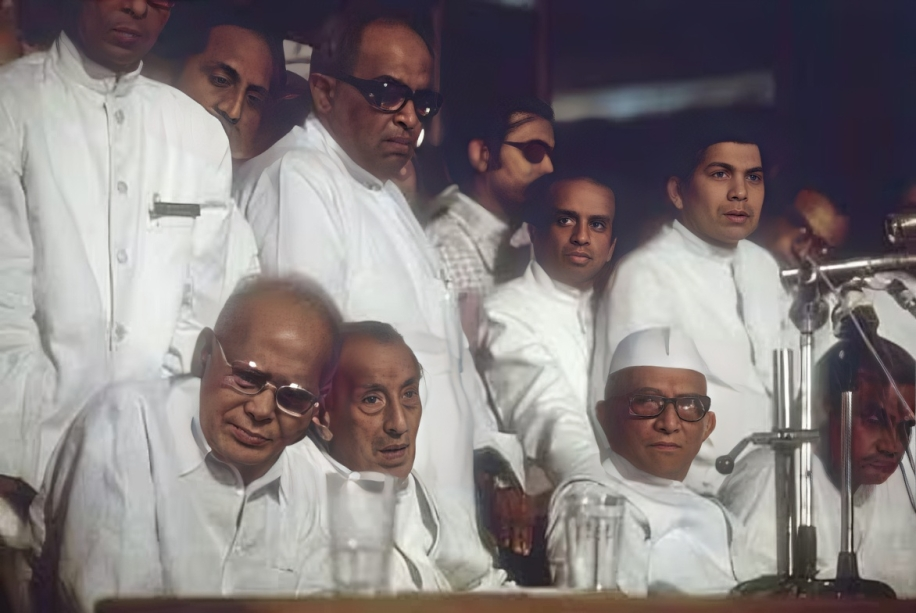
Indira Gandhi was surrounded by a swarm of journalists following the announcement of the Emergency in 1975.
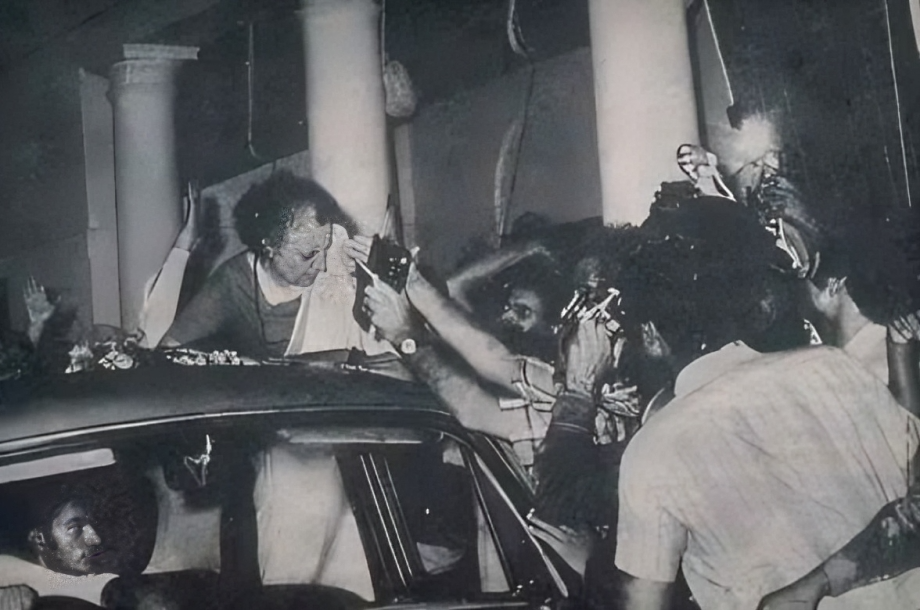
During the Emergency, Sanjay Gandhi was accompanied by the police as he carried out forced sterilizations and relocated individuals from the minority community out of New Delhi. His actions during this bleak chapter of Indian history garnered significant infamy.
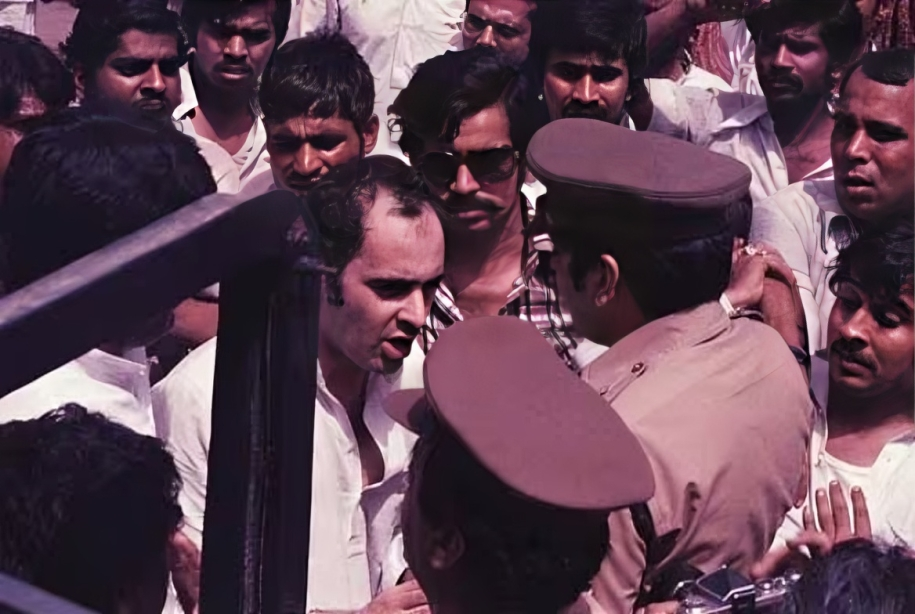
During the period of the Emergency, Sanjay Gandhi placed his trust in a dedicated group of steadfast supporters, which included Kamal Nath and Ambika Soni, who currently hold positions as Cabinet ministers.
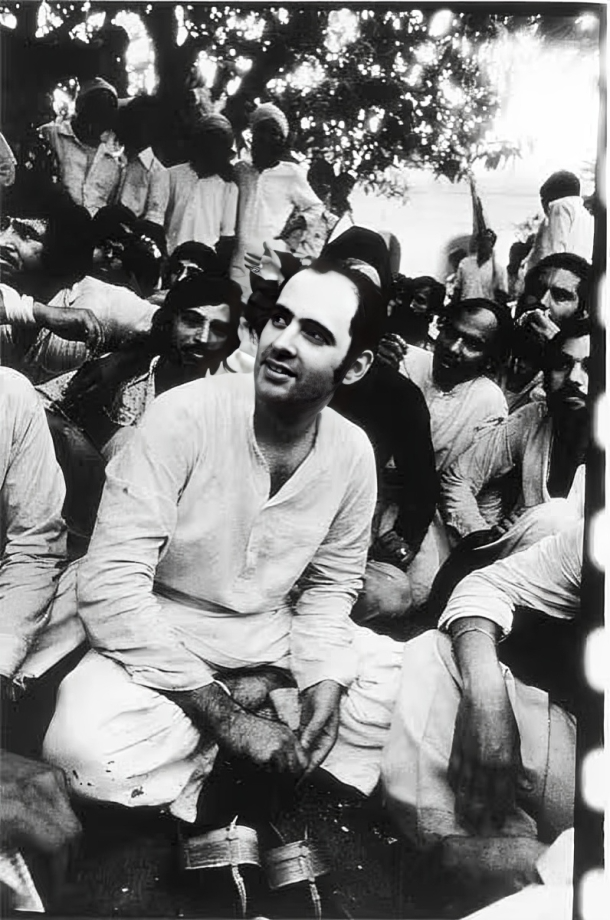
L.K. Advani, the former Information and Broadcasting Minister in the Janata Party government, strongly criticized the media for their support towards Indira Gandhi during the Emergency period. He expressed his disapproval by stating, “Instead of standing tall, they chose to bow down when asked to bend.”
